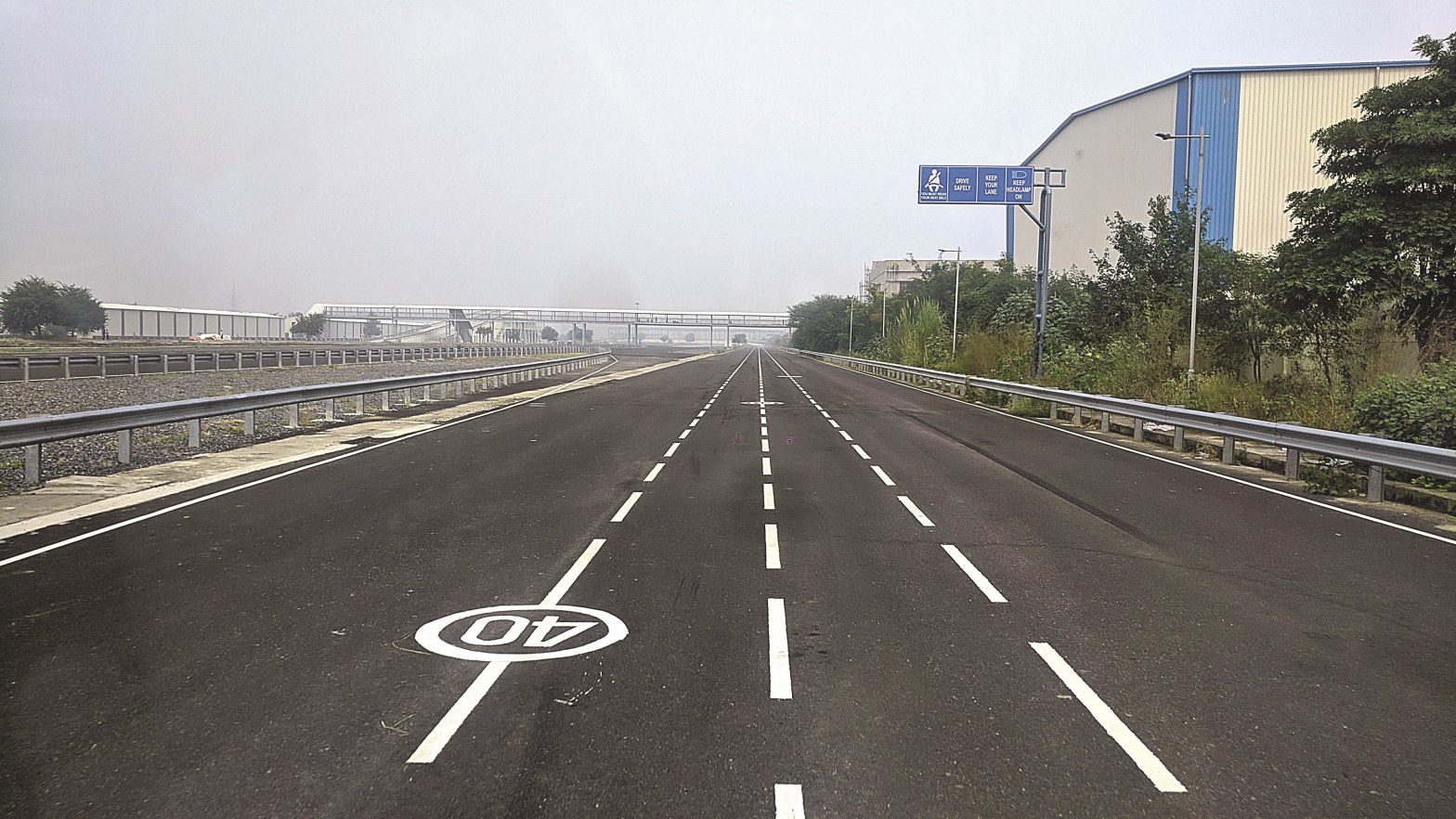The International Centre for Automotive Technology (ICAT) — the nodal homologation, testing and R&D body in North India — is aiming to tap into the growing business opportunity for software and electronics, brought about by the increasing number of electronic control units (ECUs) in vehicles as they transform into computers on wheels. ICAT, which is… Continue reading ‘We aim to bring a culture of innovation and possibilities to India’: Saurabh Dalela
Category: US Motoring Press
Samvardhana Motherson busy on multiple projects in FY24 as capex grows by 40%
Leading specialised automotive component manufacturer Samvardhana Motherson International (SAMIL) recently published stellar results for fiscal 2022-2023, with sales up 23 percent year-on-year to Rs 78,701 crore and profit skyrocketing by a huge 193 percent to Rs 1,496 crore. With car production picking up, led by chip supply improvement and SAMIL catering more toward higher value-added… Continue reading Samvardhana Motherson busy on multiple projects in FY24 as capex grows by 40%
ZF set to produce commercial vehicle PowerLine transmission at US plant
ZF has announced that its PowerLine 8-speed automatic transmission production line has been installed and testing is underway at the ZF Transmissions Gray Court (South Carolina) manufacturing facility in the USA. “The ZF PowerLine transmission, with its efficiency focused architecture, provides outstanding performance and comfort, and helps commercial vehicle manufacturers and fleets meet tough CO2… Continue reading ZF set to produce commercial vehicle PowerLine transmission at US plant
ZF set to produce commercial vehicle PowerLine transmission at US plant
ZF has announced that its PowerLine 8-speed automatic transmission production line has been installed and testing is underway at the ZF Transmissions Gray Court (South Carolina) manufacturing facility in the USA. “The ZF PowerLine transmission, with its efficiency focused architecture, provides outstanding performance and comfort, and helps commercial vehicle manufacturers and fleets meet tough CO2… Continue reading ZF set to produce commercial vehicle PowerLine transmission at US plant
MAHLE Powertrain and Clean Air Power to develop solutions for zero-carbon IC engines
MAHLE Powertrain and Clean Air Power have signed a Memorandum of Understanding to combine their efforts in providing rapid and cost-effective solutions for net-zero fuelled internal combustion engines. The two companies have a longstanding collaborative relationship that has shown excellent results across a number of important research projects. As part of these efforts, MAHLE Powertrain… Continue reading MAHLE Powertrain and Clean Air Power to develop solutions for zero-carbon IC engines
Hyundai Mobis develops headlamps that help prevent night-time accidents
Hyundai Mobis has developed next-generation headlamps that show road signs on the road ahead in real-time. The technology is expected to become the latest innovation that significantly reduces night-time car accidents for both drivers and pedestrians. HD Lighting System, developed by Hyundai Mobis, is a technology that visualises road signs in text or shapes and… Continue reading Hyundai Mobis develops headlamps that help prevent night-time accidents
Hyundai Mobis develops headlamps that help prevent night-time accidents
Hyundai Mobis has developed next-generation headlamps that show road signs on the road ahead in real-time. The technology is expected to become the latest innovation that significantly reduces night-time car accidents for both drivers and pedestrians. HD Lighting System, developed by Hyundai Mobis, is a technology that visualises road signs in text or shapes and… Continue reading Hyundai Mobis develops headlamps that help prevent night-time accidents
Mahindra Oja lightweight tractor platform global launch on August 15
August 15, when India celebrates its Independence Day, is also when Mahindra & Mahindra makes key announcements or launches of new products. August 15, 2022 saw the global reveal of its five upcoming born-electric SUVs as well as the cutting-edge EV design studio in the UK – Mahindra Advanced Design Europe. August 14, 2021 had… Continue reading Mahindra Oja lightweight tractor platform global launch on August 15
Under the skin: How flywheels can speed up EV fast-charger roll-out
The flywheel as a form of energy storage is making a comeback and could be the thing to save us from long queues at EV rapid chargers on busy routes. Flywheels have been around since the year dot. Their most common use is for smoothing out the power source in a reciprocating engine. They do… Continue reading Under the skin: How flywheels can speed up EV fast-charger roll-out
Polestar luxury EV brand opens 1st standalone dealership in metro Detroit
Luxury electric vehicle brand Polestar just opened its first standalone dealership in metro Detroit as it prepares for rising sales when the Swedish-Chinese brand delivers a rush of new vehicles in 2024-26. Polestar Detroit opened April 1 on Woodward Avenue in Royal Oak, with new and used EVs in the showroom and vehicles available for… Continue reading Polestar luxury EV brand opens 1st standalone dealership in metro Detroit



